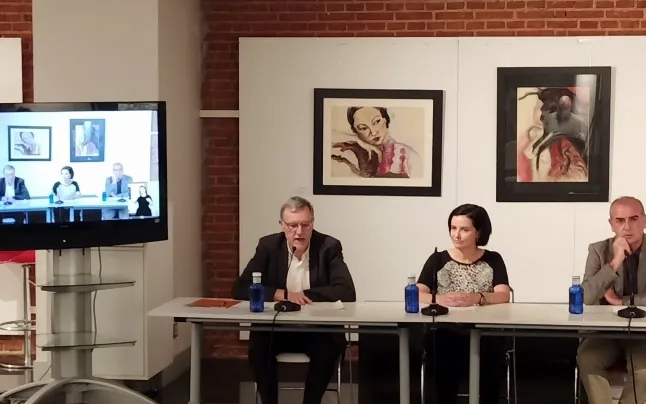The #PaperBagSociety challenge is part of the campaign #ReclaimYourFace promoted by dozens of European organizations calling on the EU to ban biometric surveillance.
Should we cover our head with a paper bag to avoid facial recognition? Is this the society we want? These are some of the questions asked by the #PaperBagSociety challenge on social media, which aims at raising awareness on the campaign #ReclaimYourFace promoted by several European organizations with the collaboration of Xnet, calling for a ban on biometric technologies such as facial recognition.
Go to a public space, cover your head with a paper bag, record a short video and share it on social media with the hashtags #ReclaimYourFace and #PaperBagSociety telling your friends why we should ban mass biometric surveillance. The instructions are comical, but denouncing this is for real: governments and companies use these technologies to control us and discriminate against us, and this is a violation of our liberties.
The idea came up at a conversation on how difficult it is to actually avoid these technologies when someone ironically suggested wearing a paper bag on our head in our day-to-day life. It then became a metaphor to understand the impact of mass biometric surveillance and an exercise of imagination to see why we need a word free of intrusive technologies that control our bodies and behaviours”, the organisers say.
The goal is to raise awareness on the severity of the situation and to fight for an alternative by endorsing the initiative of European civil society promoted by the campaign, calling on the EU to regulate the use of biometric technologies to avoid the violation of fundamental rights.
More concretely, they call to ban the “indiscriminate and arbitrary use that illegal mass surveillance may have”. The organisers say that the use of such technologies is breaching EU data protection laws and is restricting people’s privacy, their right to non-discrimination, freedom of expression and assembly.







Add new comment